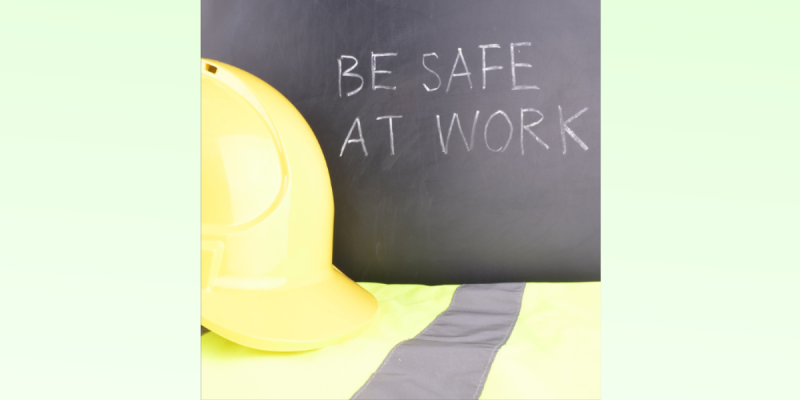January might be all about fresh starts and New Year’s resolutions but there’s definitely a sense of new beginnings in September too. For lots of people it’s a time of change; as well as all the children moving into their new forms or schools, there are also many school and further education leavers about to move into jobs.
If you’re one of the businesses taking on new starters, you’ll probably be thinking about their induction. There’s always a lot to cover; inductions provide an introduction to the company as well as explaining terms and conditions of employment, policies and procedures that apply when you’re in (or want time off from!) work, employee facilities…the list goes on.
And one item on the list that’s absolutely essential is the health and safety induction. There will be some environments where it’s obvious that in depth safety induction training is required straight away. But in a low risk environment, the need may not feel as immediate. Yet without question there are always hazards that everyone must be aware of from the moment they start.
Bear in mind that one of the most at-risk groups for accidents or incidents is new starters. It’s likely they’ll have little to no experience of working in any workplace, let alone yours, and it’s very possible they will never have had any formal health and safety training at all. So even in low risk environments it’s really important that a full health and safety induction is carried out early on.
What should you include in your Health and Safety Induction?
You’ll need to cover the generic issues that apply to all employees; for example your company’s health and safety policies and procedures. You must make new starters aware of what to do in emergency situations and what to do in the event of injury. Your induction will also need to make new starters aware of all the specific risks and hazards they may encounter in their new role and what they must do to minimise them. You’ll also need to make them aware of their responsibilities when it comes to working safely to avoid endangering others.
Beyond the Induction
The induction’s a vital starting point but it’s very likely that, to fully understand all their safety responsibilities and how to work safely, you’ll need to provide your new employees with further training within the first few weeks and months. Even in low risk environments like offices you must make sure health and safety remains at the top of the agenda. Hazards like fires are a risk to all so it’s worth considering getting new starters to attend a course that covers the basics of fire safety; subjects covered will include topics like the importance of fire drills, the employee’s role in fire prevention and what to do if a fire breaks out.
And consider how many fire extinguishers you have versus how many employees you have who know how to use them safely – then think about providing your new starters with some practical training (and your current employees too while you’re at it!). Delyn Safety can run practical fire extinguisher training and other fire safety courses at your premises; contact us to discuss your requirements.
Following on from that, there are plenty of excellent courses available as your new starters become more established and need to further develop their health and safety awareness and knowledge. If you need to arrange further safety training, or could benefit from some advice about suitable courses, get in touch with us and we’d be delighted to help.

